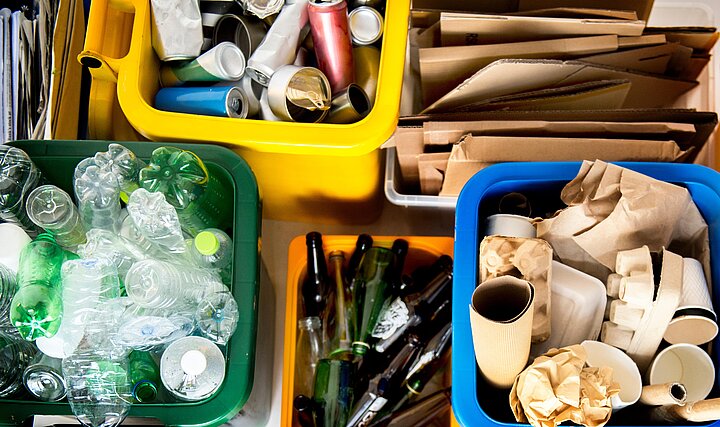What is extended producer responsibility for packaging?
EPR aims to make manufacturers and importers more responsible for the environmental impact of their products. There are a range of reporting requirements, as well as fees that push the cost of recycling packaging onto organisations in the UK that import or supply packaging. The rules have wide reach, impacting materials that the Plastic Packaging Tax, for instance, doesn’t.
Organisations affected by EPR must report packaging data, beginning from this year, 2023. In due course, EPR for packaging fees will apply. These were due to start in October 2024, but have now been delayed until October 2025. Any fees due under previous regulations continue to apply in the interim. The new EPR fees will vary depending on the materials reported, and at present there is no further detail. The waste management fee will vary depending on how easily packaging can be recycled.
Who is affected?
EPR applies to all UK organisations importing or supplying packaging that:
- are businesses, subsidiaries or groups (not charities)
- have annual turnover of £1 million or more, based on the most recent annual accounts
- were responsible for more than 25 tonnes of packaging in 2022, and
- carry out any of the packaging activities.
‘Carrying out packaging activities’ is widely defined, and includes supplying empty packaging; and hiring out or loaning reusable packaging, such as wooden pallets for transporting goods.
What you need to do
The rules mean your organisation may need to:
- collect and report data on the packaging you supply or import
- pay a waste management fee
- pay scheme administrator costs
- pay a charge to the environmental regulator
- get packaging waste recycling notes or packaging waste export recycling notes
- report information about which nation in the UK packaging is supplied in and discarded in (nation data).
The exact responsibilities vary depending on the size of the organisation (defined according to specific rules), how much packaging is supplied, and which nation of the UK is involved. You can find out more and check your obligations on gov.uk.

